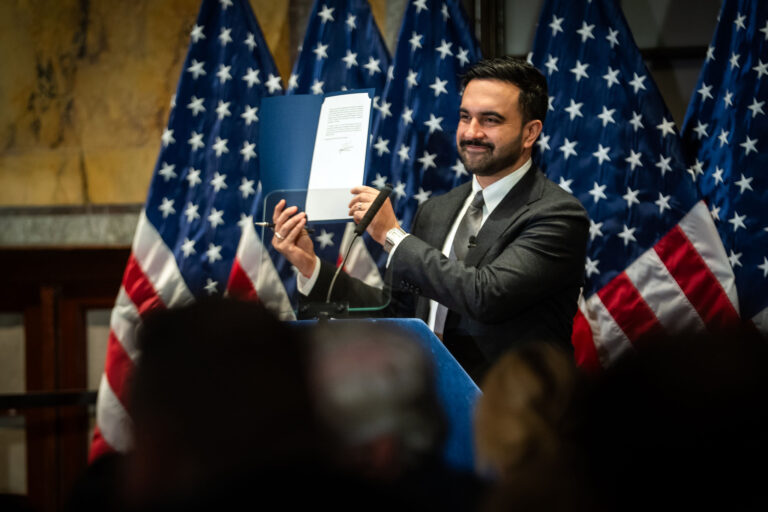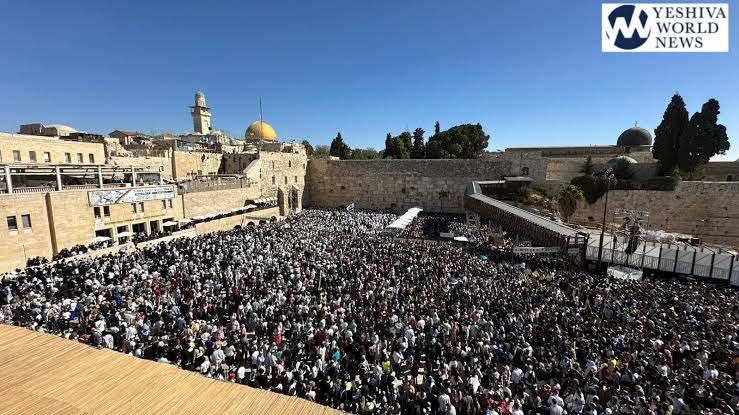 A Baltimore judge on Wednesday refused to dismiss charges against six police officers in connection with the death of a black man from injuries he suffered while in custody. The judge also refused to remove the prosecutor in the case.
A Baltimore judge on Wednesday refused to dismiss charges against six police officers in connection with the death of a black man from injuries he suffered while in custody. The judge also refused to remove the prosecutor in the case.
The death of 25-year-old Freddie Gray — who succumbed to injuries sustained after his arrest on April 12 — sparked protests, rioting and unrest that shook Baltimore for days. A demonstration Wednesday outside the Baltimore courtroom where a pretrial hearing on the charges took place attracted dozens, and resulted in just one arrest.
Defense attorneys failed to convince Circuit Judge Barry Williams that what they claimed was prosecutorial misconduct on the part of State’s Attorney Marilyn Mosby was reason enough to drop the charges against the police officers — which range from second-degree assault to second-degree murder.
Williams ruled that while Mosby’s public comments regarding initial statements made by the officers to investigators were “troubling,” they were not likely to prejudice a jury.
Andrew Graham, an attorney representing Officer Caesar Goodson, unsuccessfully argued that Mosby’s comments after filing charges against the officers were “reckless and unprofessional,” and violated the rules of conduct. He likened Mosby’s comments on the case to a “pep rally calling for payback.”
Williams also ruled against another motion, one that sought to have Mosby removed from the case due to what the defense contended were conflicts of interest. He called the assertion that Mosby’s judgment was impacted by the fact that her husband Nick Mosby is a councilman in a district that experienced a disproportionate amount of violence “troubling and condescending.”
“Being married to a councilman is not a reason for recusal,” he said.
Williams added that allegations of prosecutorial misconduct would have to be addressed by the state Attorney Grievance Commission.
Prosecutors introduced two pieces of evidence on Wednesday: a police communication recorder of White’s dispatches on the day Gray was arrested, and the redacted statements White, Nero, Miller and Porter gave investigators. Goodson did not make a statement, and Rice’s attorney objected to any redaction. Those materials were placed under seal.
Officers Edward Nero, Garrett Miller, William Porter and Goodson, as well as Lt. Brian Rice and Sgt. Alicia White, face charges in Gray’s death, though they did not appear in court Wednesday.
All six are charged with second-degree assault, reckless endangerment and misconduct in office. Rice, Porter and White also face manslaughter charges, while Goodson faces an additional charge of second-degree “depraved-heart” murder.
After hearing arguments about whether the officers should be tried together or separately, Williams determined that each officer should get his or her own trial, siding with defense attorneys who argued that their clients would be prejudiced if their cases were joined.
Graham, Goodson’s lawyer, argued that his client — who faces the most serious charge — would face a great risk of “spillover effect and transference of guilt.”
Prosecutors wanted to try Goodson, Nero and White together. Prosecutor Jan Bledsoe argued that evidence to be introduced at trial was relevant to all three.
The Rev. Cortly “C.D.” Witherspoon, president of the Baltimore chapter of the Southern Christian Leadership Conference, praised the rulings that kept the cases alive and with Mosby running the prosecution.
“We wanted to make sure the indictments stuck,” he said.
Witherspoon said he wasn’t concerned that severing the cases will mean a longer wait until they are resolved, as long as the officers are tried in Baltimore.
“I think that sometimes when we’re too hasty we miss some stuff. I would prefer for us to take that time and ensure that we get it right.”
Legal experts say Williams’ decisions Wednesday suggest that the unwieldy and high-profile case is, indeed, on track.
“The first benefit of six separate trials is the ability to cast doubt on the possible liability of a co-defendant,” said attorney Clark Ahlers, adding that successive trials will also allow defendants to see the state’s strategy ahead of time. “They see the other team’s game plan before the Super Bowl.”
Baltimore defense attorney J. Wyndal Gordon, who attended the hearing as an observer, said severing the cases will force prosecutors to focus on issues they deem most important, even if that means making plea deals with some defendants.
Taking each case to trial would create a rich record of testimony for defense attorneys to mine and use against prosecution witnesses, he said.
“She’s going to have to start cutting some deals,” Gordon said.
He said Williams’ rulings on dismissal and recusal suggest the judge is not inclined to move the trials out of Baltimore, at least until it’s been shown that an impartial jury can’t be seated.
Williams will hear arguments for a change of venue on Sept. 10.
Meanwhile outside the courtroom, dozens of protesters made their way about six blocks to the Inner Harbor before the pretrial hearing began. Well-known activist Kwame Rose was arrested and charged with second-degree assault against a police officer, two counts of disorderly conduct and one count of making a false statement for blocking the road and ignoring warnings to return to the sidewalk.
On Wednesday evening protesters gathered outside the courthouse as part of a weekly scheduled “West Wednesday” rally in remembrance of Tyrone West, who died after a confrontation with Baltimore police officers in July 2013.
(AP)










